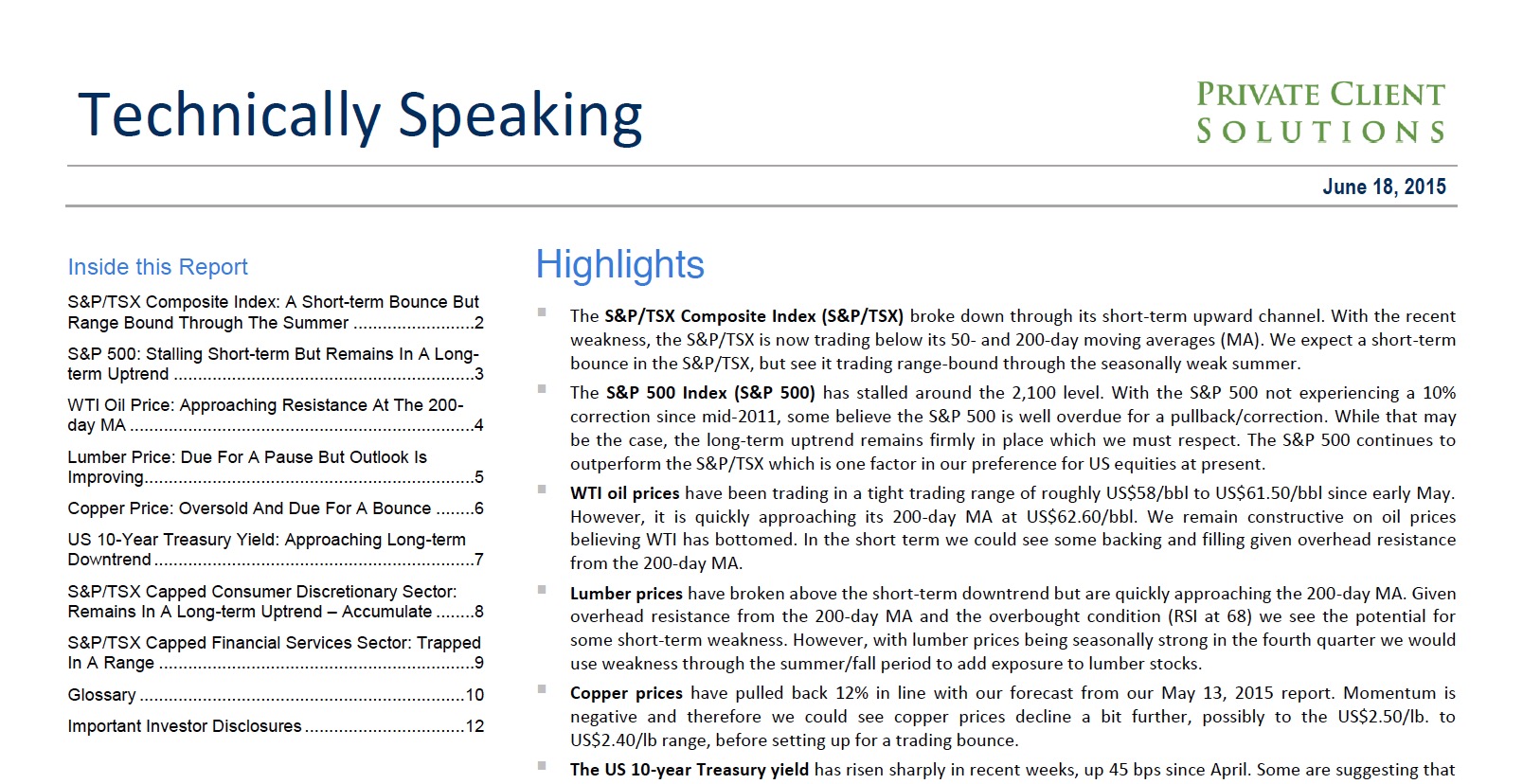by Brad McMillan, Commonwealth Financial Network
Yesterday, I talked about several major trends that are poised to at least pause (and quite possibly reverse) over the next couple of decades. One major area we didn’t discuss is Europe, which is likely to see more change in the next 5 years than it has in the past 20.
The immediate problem
That would be Greece, which seems set to blow up in the coming weeks. “Blow up” is not an economic term, but it pretty accurately describes the potential consequences of the situation.
Right now, Greece relies on outside financial help to keep its banking system operating, to pay for imports of food and medicine, and to support many other critical areas. Greece is running out of money, if it hasn’t run out already, and the end of financial support would mean shortages of food and medicine, and the collapse of the financial infrastructure that defines modern life. It could be a humanitarian catastrophe . . .
Or not. There are modern precedents for the Greek situation. In the past decade, both Cyprus and Iceland found themselves in similar straits. Economically, a default would no doubt be incredibly painful for the Greeks, but plans are presumably already being laid to mitigate the damage. For the rest of the world, absent systemic risks, which are also being planned for, the direct damage would likely be minimal.
Will Greece fracture the eurozone?
The real change would be political, with the ideal of European solidarity taking a potentially fatal hit. I changed my mind about the eurozone after Cyprus was cut off, and Greece will be Cyprus plus infinity. For the debtor nations—Portugal, Spain, Italy, and even France—Greece provides a terrible object lesson in what can happen without financial discipline. They will certainly be encouraged to do whatever it takes to stay in the euro.
Or will they? I mentioned that there are precedents—particularly Iceland, which, several years on, is actually doing rather well. Suppose that, after a rough adjustment period, Greece actually starts to grow? Again, there are precedents. Greece itself has a history of defaulting, devaluing, and then returning to growth. Suppose that, after leaving the eurozone, Greece pulls out its old playbook and does well?
Suddenly, the commitment by Spain and others to suffer for the benefits of the euro may look, well, kind of dumb. The ideal of a unified Europe would already be shattered with the expulsion of Greece. Why should Spain suffer again?
Voters have already started asking that question. The Spanish government and others have been very unsupportive of Greece because, if it were to succeed in getting debt relief, their citizens would ask why their leaders hadn’t done the same. Were Greece to exit and do well, those questions would become unavoidable.
Where is Europe headed?
Europe has been stuck in stasis since the financial crisis, trying to square the circle between its northern and southern economic regions. Fundamental economic imbalances have been papered over by political will.
Greece has broken that model. I suspect that, five years from now, the region will be much closer to the Europe of the 1980s than that of the 2000s. There’s also a real chance that it will band together—but if that was going to happen, now would have been the time to do it.
By definition, long-term changes take time. Europe is moving from the long-term to the short-term faster than most people realize.
Brad McMillan is the chief investment officer at Commonwealth Financial Network, the nation’s largest privately held independent broker/dealer-RIA. He is the primary spokesperson for Commonwealth’s investment divisions. This post originally appeared on The Independent Market Observer, a daily blog authored by Brad McMillan.
Copyright © Commonwealth Financial Network













